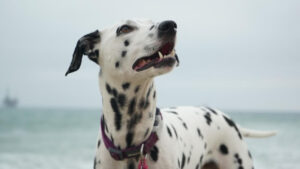
Dog Puzzle Feeder vs Interactive Toys: Which Is Best For Your Pooch?
Choosing the right plaything for your furry friend – be it a dog puzzle feeder or interactive toys – is essential for their mental and
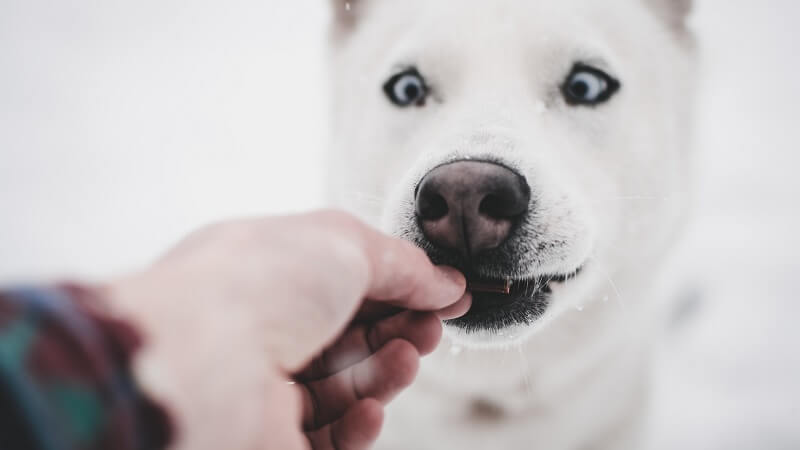
Navigating the diet for dogs with pancreatitis can be tricky, right? Hey there, dog parents! If your furry buddy is in this boat, it’s normal to feel overwhelmed.
But don’t worry, we’ve got you! In this guide, we’ll dive into what pancreatitis in dogs really means and how tweaking their diet can be a game-changer. Let’s walk through this together with some light-hearted advice and practical tips!
Pancreatitis is like a really bad stomach ache for your dog, but worse. It’s when their pancreas gets all inflamed and cranky.
If your pup is acting sluggish, has a sore belly, is puking, or has diarrhea, it’s time to pay attention. Catching these signs early is super important for getting them the right help.
Pancreatitis can be more than just a bad day for your dog. It can lead to all sorts of not-so-fun health issues. That’s why understanding it and getting on top of it fast is key.
What your dog eats is a big deal when they have pancreatitis. Their food needs to be gentle on their tummy and easy for their pancreas to handle. Think low-fat, not too rich, and easy to digest.
Here’s the scoop on what to feed your four-legged friend:
Go for lean meats like chicken or turkey. Just be sure to ditch any fat or skin.
Simple carbs are your friend. Think white rice or oatmeal that won’t upset their stomach.
Veggies are great, too. Soft, cooked ones like pumpkin or carrots are perfect.
A tiny bit of boiled egg is okay, but don’t go overboard.
There’s also special dog food made just for sensitive stomachs. Look for low-fat options.
Fatty meats like pork or beef? Nope.
Raw meat or fish can make things worse.
Most dogs and dairy don’t mix well.
Skip the sweet treats. They’re not great for doggy digestion.
And those dog foods with all the artificial stuff? Avoid them.
It’s not just about picking the right food, but also how you serve it.
Small, frequent meals are the way to go. Watch how your dog reacts to different foods and adjust as needed. It’s like being a detective, but for dog food!
Your vet is your best ally here. Regular visits and open talks about your dog’s diet and health are crucial. They’re like the GPS guiding you through this pancreatitis journey.
Besides the right diet, make sure your furry friend has a nice, cozy spot to chill out. Keep the exercise light and stress-free. A calm home environment can really help their recovery.
Check out these handy tools to manage your dog’s eating habits better:
Believe it or not, light play can be good for dogs with pancreatitis. It keeps them moving and happy, but don’t overdo it. Short, gentle play sessions are best.
Even dogs with pancreatitis deserve treatment now and then.
Stick to pancreatitis-friendly snacks, like small pieces of cooked chicken or special low-fat dog treats. Remember, moderation is key!
Water is super important, especially for dogs with pancreatitis. Always have fresh water available. A hydrated pup is a happy pup!
Dealing with a sick dog can be tough on you, too. Remember to take care of yourself. Your dog needs you at your best, so don’t forget to breathe and take breaks.
Dogs love routine, and it’s especially important for those with pancreatitis. Consistent meal times, gentle walks, and regular vet visits can help keep them stable and comfy.
Watch for any changes in your dog’s behavior or symptoms. If something seems off, call your vet right away. It’s always better to be safe than sorry.
Handling your dog’s diet when they have pancreatitis can feel overwhelming, but remember, you’re not alone.
With some smart choices, a bit of planning, and a lot of love, you can make a huge difference in your dog’s life.
Keep things simple, stay in touch with your vet, and give your dog all the cuddles they can handle.
They’re lucky to have you, and with this guide, you’re well on your way to helping them feel their tail-wagging best! 🐶💕
Can supplements help a dog with pancreatitis?
While a balanced diet is key, certain supplements might benefit dogs with pancreatitis.
However, it’s crucial to consult your vet before adding any supplements to your dog’s diet.
Options like omega-3 fatty acids may help reduce inflammation, but each dog’s needs can vary.
Are there any natural remedies to support a dog with pancreatitis?
Some natural remedies, like a spoonful of plain, cooked pumpkin, can aid digestion.
However, it’s important not to rely solely on natural remedies and always discuss them with your vet first. They should complement, not replace, the diet and medical treatment plan.
How does slow feeding benefit dogs with pancreatitis, and what’s the best way to implement it?
Slow feeding is great for dogs with pancreatitis as it eases the digestive process and prevents overburdening the pancreas.
Using slow feeders or puzzle bowls can help. These tools encourage your dog to eat at a more gradual pace, reducing the risk of digestive upset.
Is it safe to give my dog with pancreatitis bones or chew toys?
While chew toys are generally safe, avoid giving real bones, as they can be rich in fat and hard on the digestive system.
Opt for safe, vet-approved chew toys that won’t add unnecessary strain on your dog’s pancreas.
Can exercise affect my dog’s pancreatitis, and how should I manage it?
Moderate exercise is beneficial for dogs with pancreatitis, as it promotes overall health and aids digestion. However, it’s important to keep it gentle.
Avoid strenuous activities and opt for short, leisurely walks instead. Always monitor your dog’s response to exercise and adjust accordingly.


Choosing the right plaything for your furry friend – be it a dog puzzle feeder or interactive toys – is essential for their mental and
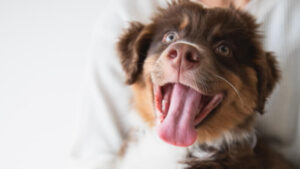
Wondering if a puzzle feeder could revolutionize your pet’s mealtime into an exciting challenge? This unique device promises to engage your furry friend both mentally
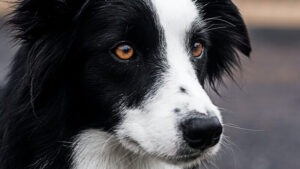
For passionate pet enthusiasts, a puzzle feeder is more than just a toy; it’s a critical tool for mental stimulation and dietary control for their

Are you ready to dive deeper into the world of puzzle feeder and embark on a journey to ensure your furry friends remain mentally stimulated?
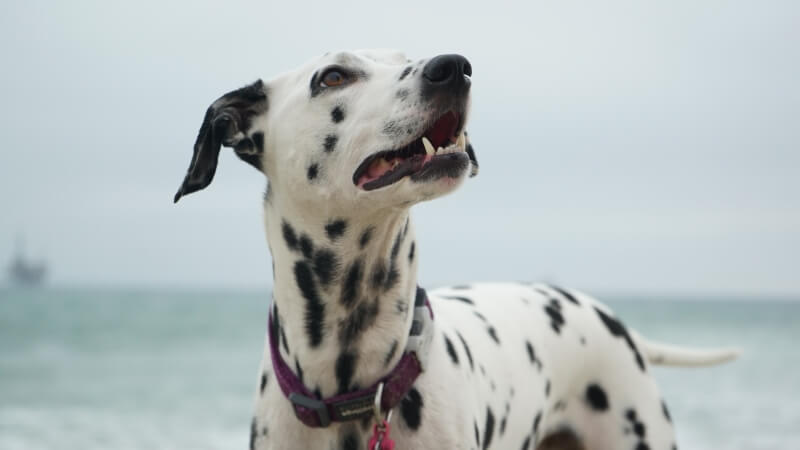
Choosing the right plaything for your furry friend – be it a dog puzzle feeder or interactive toys – is essential for their mental and
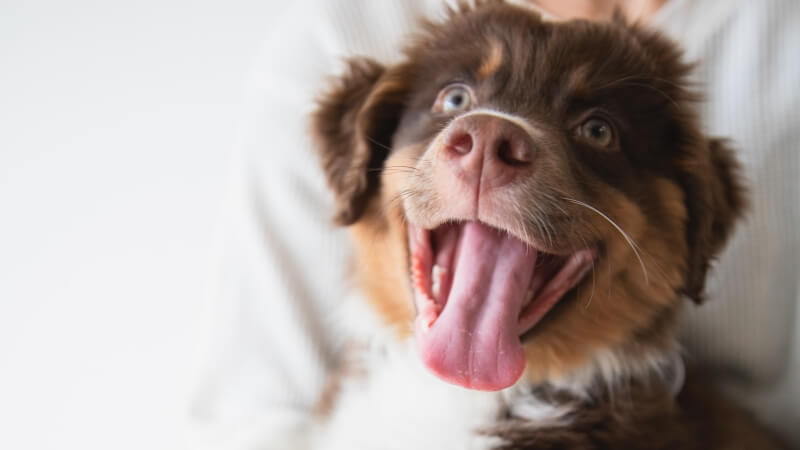
Wondering if a puzzle feeder could revolutionize your pet’s mealtime into an exciting challenge? This unique device promises to engage your furry friend both mentally

For passionate pet enthusiasts, a puzzle feeder is more than just a toy; it’s a critical tool for mental stimulation and dietary control for their

Are you ready to dive deeper into the world of puzzle feeder and embark on a journey to ensure your furry friends remain mentally stimulated?
Copyright © 2024 puppypuzzlefeeder. All Rights Reserved.